The Middle East remains one of the most important regions for Russia, where its state corporation Rosatom implements 8 out of 25 projects to build nuclear power reactors abroad.
On Monday, January 18, the Valdai Discussion Club held the presentation of its report titled "Prospects for Nuclear Power in the Middle East: Russia’s Interests". The report was hammered out by a team of analysts from Russia and countries of the Middle East led by Anton Khlopkov, Director of the Moscow-based Center for Energy and Security Studies (CENESS).
During the presentation, Khlopkov pointed out that the original plans of the region’s countries to build up to 90 nuclear reactors in the coming years turned out to be largely unrealistic. It has become evident that no more than 30 percent of these plans could be implemented under the optimistic scenario and only 10 percent under the pessimistic one. According to him, the plans of Iran, Turkey, and Saudi Arabia turned out to be the most unfeasible of all.
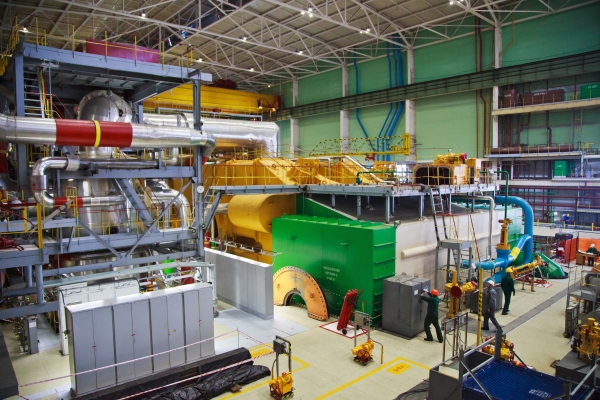
Download Report in English and in Russian (PDF)
An important problem for the region in terms of nuclear energy prospects is the lack of expertise in most of its countries (some states, like Saudi Arabia, hope to solve it by importing specialists along with the technology).
The Fukushima disaster raised new concerns about nuclear energy throughout the world, including the Middle East, but also helped make the region’s nuclear energy plans more realistic, Khlopkov said. Some countries, like Bahrain, abandoned these plans altogether, while others reduced them significantly.
The decline in oil prices also became a factor which questioned the feasibility of these plans, Khlopkov said. Even when the prices were at their peak, nuclear power generation was twice as expensive as hydrocarbon-based, he pointed out.
Referring to Russia’s nuclear power interests in the Middle East, Khlopkov said the country was a key market player with 38 reactors built in 10 states around the world. The Middle East remains one of the most important regions for Russia, where its state corporation Rosatom implements 8 out of 25 projects to build nuclear power reactors abroad.
However, it is obvious that Russia faces problems implementing these plans, Khlopkov said. Worsening economic conditions have limited Russia’s capabilities to lend money for the construction of power plants, which can hamper the project in Egypt. The crisis in Russian-Turkish relations will prevent Moscow from building the Akkuyu power plant in line with the original plans (but not necessarily kill the project). Finally, growing instability and violence in the region complicates the implementation of any large-scale economic projects.
In his remarks during the presentation, Mikhail Lysenko, adviser with the Center for Energy and Security Studies, said that due to tough competition the way to the Middle East nuclear energy market is not an easy one. Nevertheless, he said, this is a market where no single country or company can become the monopolist, and cooperation is always possible. To illustrate his point, he said that South Korea is building a nuclear power plant in the United Arab Emirates, while Russia is to provide it with nuclear fuel.
Russia’s competitive advantages include the turnkey approach to construction, offers for disposal of nuclear waste, infrastructural assistance, seawater desalination technologies and training.
Lysenko was optimistic about the Turkish project, saying that Russia’s economic sanctions introduced after the Turkish air force downed a Russian bomber above Syria, have not affected it. According to him, at this stage only the construction license needs to be obtained, which would take a long time anyway, as it requires amendment of Turkish laws.
Irina Zvyagelskaya, senior researcher of the Russian Academy of Sciences Institute of Oriental Studies said that implementation of economic projects in the region largely depends on the quality of political ties. According to her, Russia’s participation in the military operation against Islamic State in Syria positively changed the balance of power, but also created new difficulties in political relations. She stressed that the strength of regional powers – Israel, Turkey, Iran, and Saudi Arabia – was growing and their position on regional issues was much more important than that of any external players.
Participants in the discussion that followed the presentation asked if China could become Russia’s rival on the nuclear technology market. Khlopkov said that the Japanese nuclear disaster undermined China’s position as a nuclear technology exporter, because it does not produce third generation reactors complying with the post-Fukushima safety standards. However, he stressed that China will bridge this gap in a five to ten years’ time, becoming a strong competitor due to lower prices.
Full version of the report is available here.
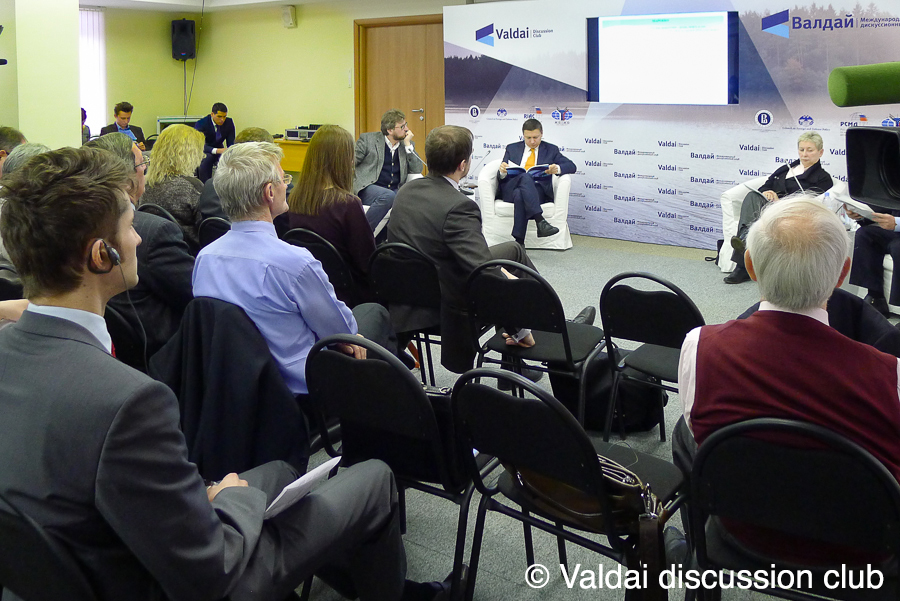
Image Gallery: Presentation of the Report
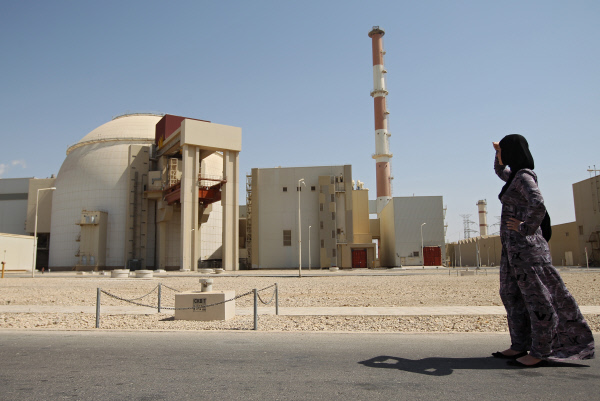
Nuclear Power in the Middle East. By Anton Khlopkov
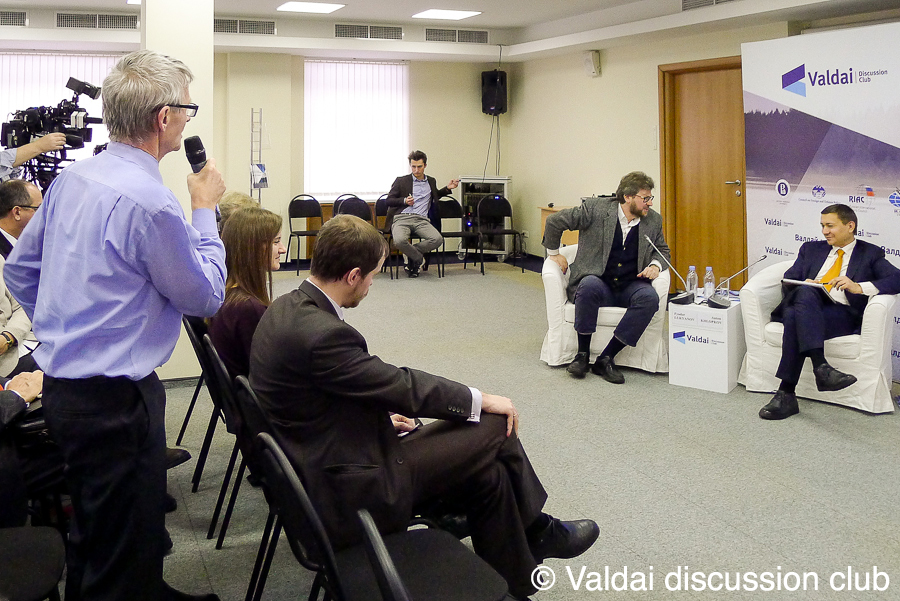
Prospects and Risks of the Development of the Nuclear Power Industry in the Middle East: Expert Opinion
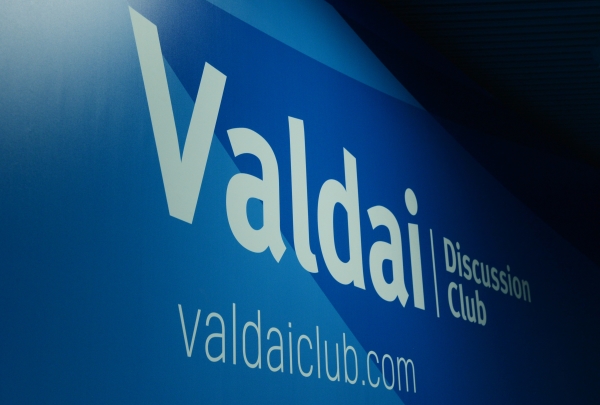
On January 29, 2016, in Vienna the Valdai Discussion Club will hold a presentation of a report entitled "Prospects for Nuclear Power in the Middle East: Russia’s Interests".
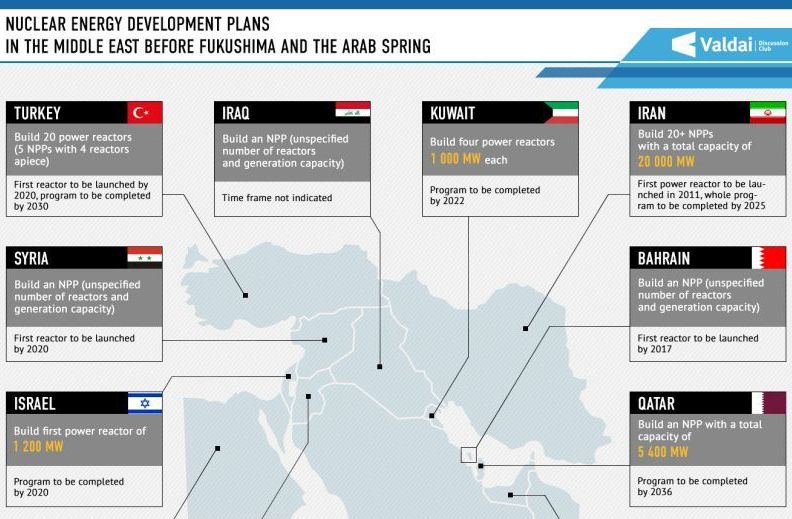
Infographics: Nuclear Energy Development Plans In The Middle East
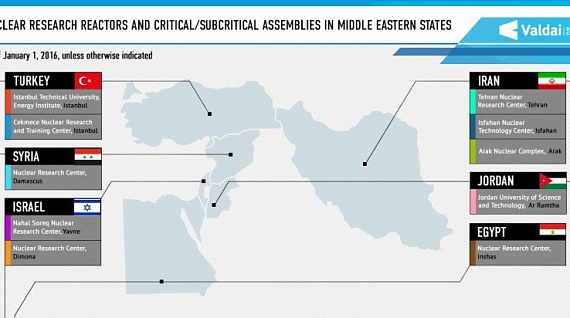
Nuclear Research Reactors And Critical/Subcritical Assemblies in the Middle East
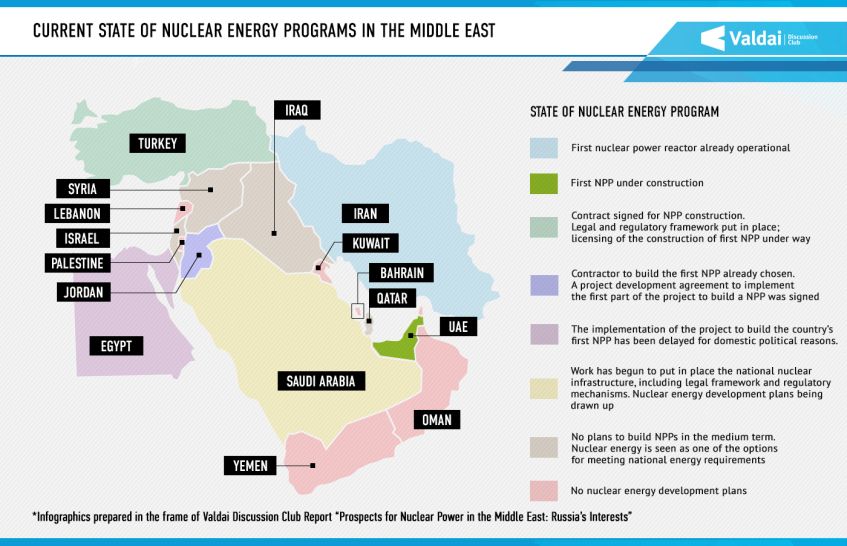
Current State Of Nuclear Energy Programs In The Middle East



